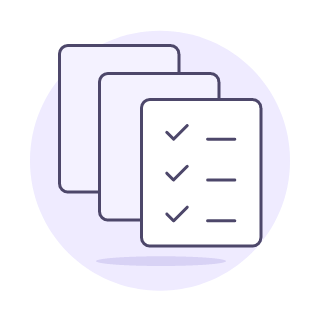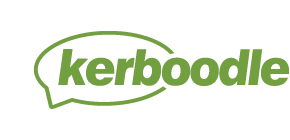
Get up and running with A Level Sciences for OCR. Find advice and tools below to help you get the most out of your subscription.
Please note to view the examples below, you will need to be subscribed to the relevant A Level Sciences for OCR course and logged into Kerboodle.com.
First steps

Student guides to Kerboodle
The Resources tab includes student guides to using Kerboodle. These explain the different types of resources available and how they help students study. Great for sharing with your classes, teachers may also find these a useful starting point.

Study guides
The course is built around the unique study guides, which students can access under the Course Guides tab. These enable independent study, guiding students through each topic, highlighting what they need to know and linking out to supporting resources. There’s a study guide for every chapter.

Schemes of work
The Course Guides tab also includes suggested schemes of work, mapping the specification to learning outcomes and suggested activities and resources.

Digital books
Kerboodle includes digital versions of the A Level Sciences for OCR Student Books. These can all be found under the Digital Book tab. To find additional resources relevant to any given page, click on the “Resources” button in the bottom menu. Answers for the questions in the Student Books can be found in the relevant chapter folder under the Resources tab.
Resources

Transition support
For students going into Year 12, Kerboodle provides transition packs featuring retrieval questions and maths skills practice. These can be found under the Resources tab, in the GCSE to A Level transition folder. There’s also a transition test paper for each subject, which can be found under the Assessment tab in the same folder.

Checklists
For each chapter, there’s a self-assessment checklist under the Resources tab. These make a great starting point for learners studying independently, allowing them to identify topics they’re not yet confident with. Example: 11 Basic concepts of organic chemistry

Maths skills
Kerboodle provides lots of support for maths skills. The calculation sheets and maths skills interactives both take students through a skill step-by-step before giving them the chance to try their hand at some practice questions. To find these quickly, search for “maths” under the Resources tab.

Podcasts
The revision podcasts are a great alternative way for students to revise a topic. The transcript is provided and each podcast is also accompanied by follow-up questions. Filter by “audio” under the Resources tab to find these.

Support and extend
Kerboodle also provides support for students who are either struggling with or excelling at a particular topic. Support worksheets go over the topic in detail to address any problem areas. The stretch and challenge worksheets take students beyond the specification, preparing them for further study.
Assignments

Objective tests
The objective tests are a great way for students to check their progress. These multiple-choice quizzes allow students to check which questions they get wrong. There’s one for every chapter, under the Assessment tab. Example: 10 Reaction rates and equilibrium

Exam-style questions
There’s also lots of practice for exam skills, including exam-style questions for every chapter and end-of-year test papers.

Assigning work
Assignments found within the Assessment tab, including quizzes, exam-style questions, etc., need to be assigned to a student for them to be able to view and complete.
Further support

Facebook community
See how other teachers are using Kerboodle, share your thoughts and stay up to date on Facebook.

Book a support call
Book a call with a member of our team at no extra cost.

General Kerboodle guidance
Need more general hints and tips on using Kerboodle? Check out our dedicated teacher support section.

